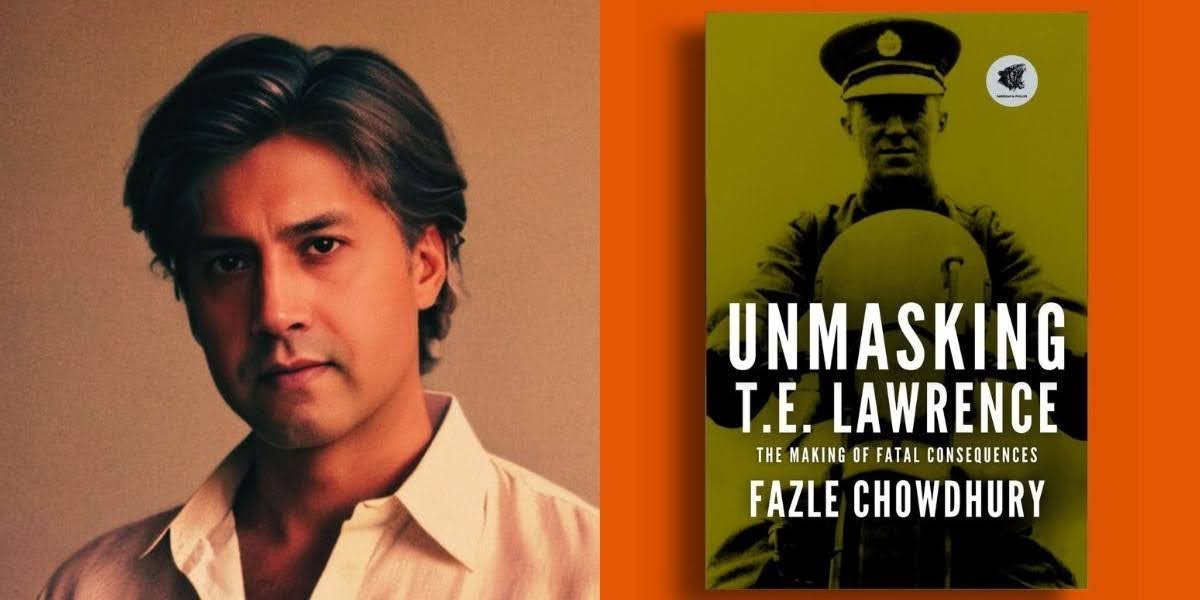Japanese football, historically underestimated in the international panorama, has been experiencing an invigorating renaissance in recent years. The Land of the Rising Sun, traditionally associated with technological innovation and cultural richness, is making waves in the football world, attracting attention and talent alike.
The J-League, Japan’s premier football competition, is at the forefront of this evolution. The level of competitiveness and passion displayed is a testament to the country’s commitment to the sport. Through strategic investments in infrastructure, grassroots development, and the recruitment of both domestic and foreign talents, the league has seen a surge in its global profile.
This ascent isn’t solely about monetary investments. Japanese clubs have made a conscious effort to intertwine their rich cultural ethos with the global spirit of football. It’s a marriage of discipline, respect, and a fervent desire to achieve excellence, traits deeply embedded in Japanese culture.
The Japanese national team’s performances on the international stage, particularly in the FIFA World Cup, have further solidified the country’s position. No longer mere participants, the Blue Samurai have showcased their mettle, skill, and ambition, challenging the traditional powerhouses of the sport.
A defining emblem of Japan’s rising football profile is the influx of renowned international players choosing the J-League as their playground. Take, for instance, Leandro Pereira, formerly of Brazil’s Palmeiras. Pereira’s move to the Tochigi Soccer Club underscores the appeal of Japanese football. Such decisions are not merely about new challenges; they are indicative of the league’s growing stature and its promise of high-quality football.
However, it’s essential to recognize that this isn’t a one-way street. The J-League’s growth is symbiotic. While foreign talents like Pereira bring their flair, experience, and global following, they, in return, experience the unique blend of Japanese footballing culture, which can be an invaluable learning experience.
This cultural exchange on the football pitch is emblematic of the J-League’s unique allure. It’s more than just a competition; it’s an immersive experience that enriches both players and fans. The league’s emphasis on discipline, teamwork, and precision strikes a harmonious balance with the global passion for flair and creativity on the field. Players like Pereira and others who join the J-League find themselves not only adapting to a different style of play but also embracing the core values of Japanese football – dedication, humility, and a relentless pursuit of excellence.
In essence, the J-League’s embrace of foreign talents is not just about importing skills; it’s about fostering a shared love for the beautiful game and contributing to the rich tapestry of global football. As Japan’s footballing prowess continues to flourish, the league’s reputation as a harmonious meeting point of cultures and footballing philosophies solidifies, reaffirming its place on the global footballing map.
The world of football is undergoing a shift. Centers of footballing excellence are no longer limited to Europe and South America. We can see for example Neymar and Cristiano Ronaldo in Saudi Arabia. Japan, with its blend of tradition, discipline, and an unwavering pursuit of excellence, is carving its niche in this changing landscape. As the J-League continues its upward trajectory, one can only anticipate more milestones, unforgettable moments, and a further cementing of Japan’s place in the global football narrative.












